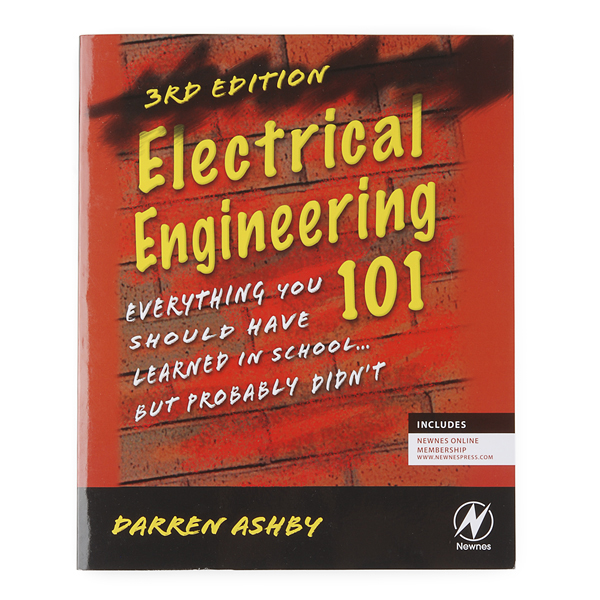Basic Reading Power 1 3rd Edition Pdf
Book Preface Electrical Power Systems Technology (Third Edition) provides a broad overview of the production, distribution, control, conversion, and measurement of electrical power. The presentation method used in this book will allow the reader to develop an understanding of electrical power systems. The units of the book are organized in a systematic manner, beginning with electrical power production methods. The fundamentals of each major unit of the book are discussed at the beginning of the unit. These fundamentals provide a framework for the information that follows in each unit.

The last unit has been expanded to include control devices. This book deals with many important aspects of electrical power, not just with one or two areas. In this way, it will give the reader a better understanding of the total electrical power system—from the production of electricity to its conversion to other forms of energy. Each unit deals with a specific system, such as production, distribution, control, conversion, or measurement. Each system is broken down into subsystems. The subsystems are then explored in greater detail in the chapters that make up each unit. In order to understand the contents of this book in depth, the reader should have a knowledge of basic electrical fundamentals.

The mathematical presentations given are very simple and are used only to show the practical relationships that are important in electrical power system operation. This book is recommended as a textbook for an “electrical power” or “electrical generators and motors” course. It would be a suitable text for vocational-technical schools, community colleges, universities, and, possibly, some technical high school programs. Many illustrations are shown, to make the presentations that are given easier to understand. The content is presented in such a way that any reader should be able to learn a great deal about the operation of electrical power systems. Fardo Dale R.
Basic Reading Power 1 is a new and updated edition of the successful student-centered reading skills textbook Basic Reading Power. Its unique structure, featuring four parts to be used concurrently, allows beginning-level students (with a 300-word vocabulary) to develop the multiple sills and strategies involved in the reading process. Overview • Extensive Reading helps students to build reading fluency, broaden knowledge of vocabulary and collocation, and gain confidence.
Reading Power 2 Student Book (4th Edition). Basic Reading Power 1, 3rd Edition: Extensive Reading, Vocabulary Building, Comprehension Skills, Thinking Skills.
• Vocabulary Building offers strategies for independent vocabulary learning such as dictionary work, guessing meaning from context, and learning how words work in sentences. • Comprehension Skills teaches reading skills such as recognizing words and phrases, scanning for information, and making inferences. • Thinking Skills provides practice in recognizing sentence structure and following the logic of ideas.
New to the Third Edition • An updated Extensive Reading section with new fables and stories, more activities for evaluating student progress, and a revised suggested reading list • Enhanced vocabulary features including new 'Focus on Vocabulary' exercises and an expanded Vocabulary Building section There is also a Teacher Guide with Answer Key and a Test Booklet for Basic Reading Power 1. The Reading Power series also includes: • Reading Power 2 (4th Edition): Intermediate • More Reading Power 3: High-Intermediate • Advanced Reading Power 4: Advanced 'synopsis' may belong to another edition of this title. About the Author: Linda Jeffries holds a master's degree in TESOL from Boston University. She has taught reading, writing ans ESL/EFL at Boston College, Boston University, the Harvard University Summer ESL Program, the University of Opole, Poland, and the University of Bologna, Italy. She lives in Italy, near Bologna, and teaches academic reading and writing at the University of Modena.